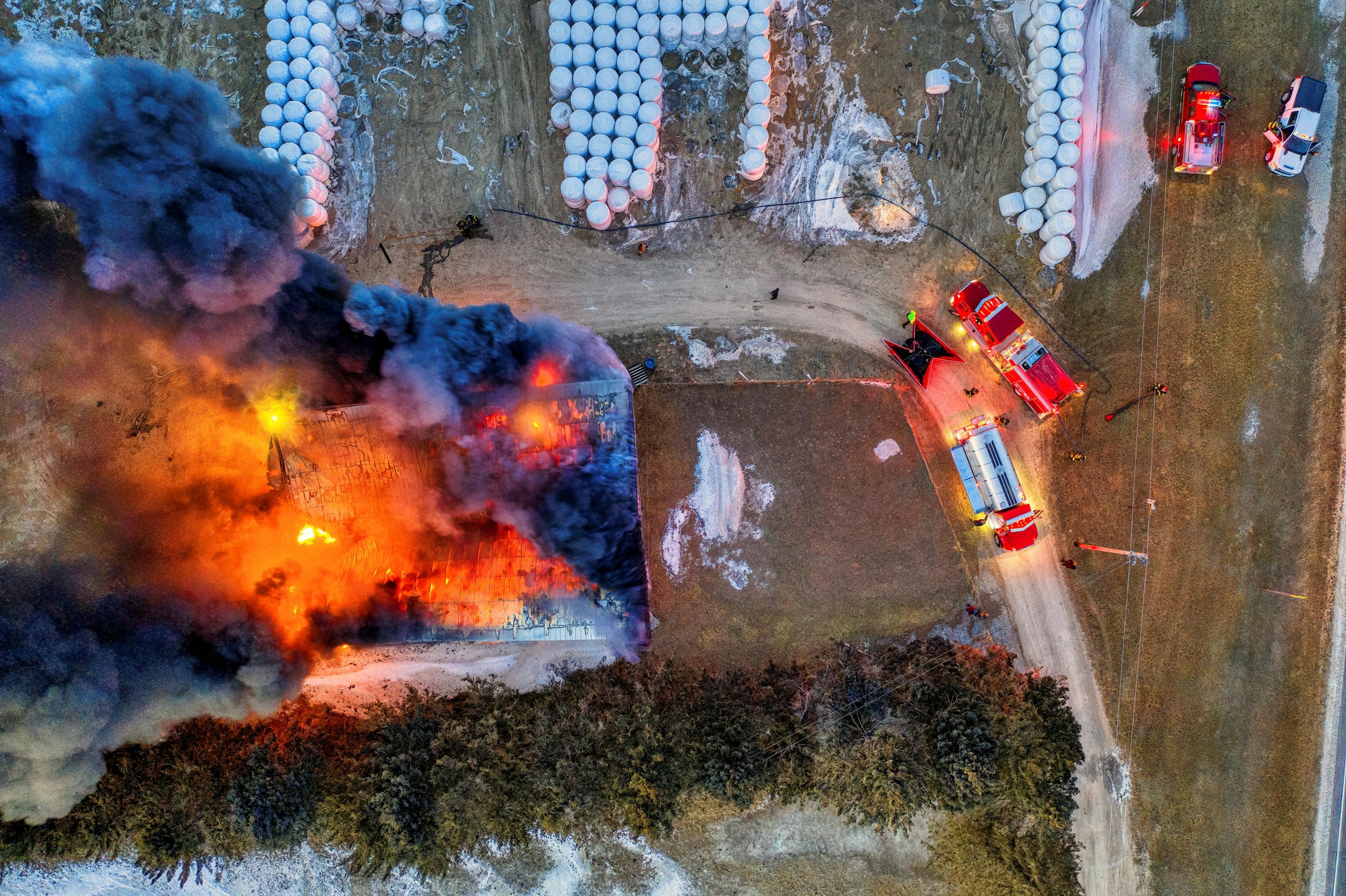Concern About Uninsured Neighbor’s House Fire – How It Affects My Property?
Hi everyone,
I’m a first-time homeowner and currently in the process of selecting the right home insurance policy. I’m reviewing the coverage details myself to better understand the terms, but it’s quite overwhelming!
I have a specific concern: If my neighbor’s house were to catch fire and the flames spread to my property, what would happen if my neighbor is uninsured?
As I go through the various policies, I haven’t found any mention of this scenario. Are there specific terms or coverage options I should look for or ask about that would protect me in this situation?
Thanks for your help!




Hi there!
Congratulations on becoming a first-time homeowner! It’s great that you’re taking the time to understand your home insurance policy—being informed will help you make the best decisions for your situation.
In the scenario where your neighbor’s uninsured home catches fire and the flames spread to your property, the first critical thing to understand is that your homeowner’s insurance should provide you with coverage for damages to your home caused by the fire. Here are a few key points to consider:
Dwelling Coverage: This part of your policy covers damage to the structure of your home due to various risks, including fire. If the fire from your neighbor’s property damages your home, you should be able to file a claim under this section.
Personal Property Coverage: If personal belongings inside your home are damaged by the fire, this coverage can help replace those items.
Liability Coverage: While this is more relevant if you are found liable for damage to another person’s property, it’s worth ensuring you have a sufficient liability limit in your policy. This may not directly apply in your scenario, but it’s good to have it covered in case of any unforeseen circumstances.
Exclusions: Make sure to read through the exclusions in your policy, as they will outline what is not covered. Some policies exclude certain types of damage or have specific conditions that apply.
Additional Living Expenses: If your home becomes uninhabitable due to fire damage, this coverage can help with temporary housing costs.
When discussing your policy with the insurance provider, ask specific questions about coverage related to fire damage from neighboring properties. You might want to clarify:
It’s always a good idea to work with a knowledgeable insurance agent who can help you navigate the policy language and ensure you have the coverage you need. Best of luck with your insurance shopping and your new home!